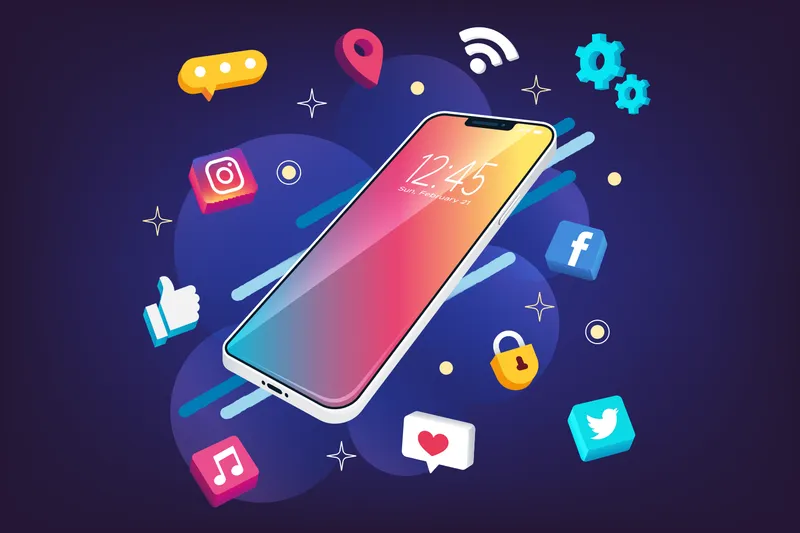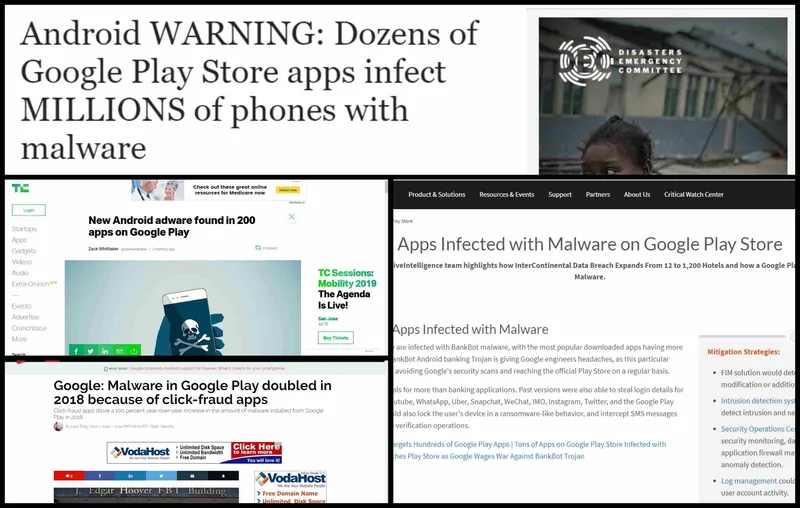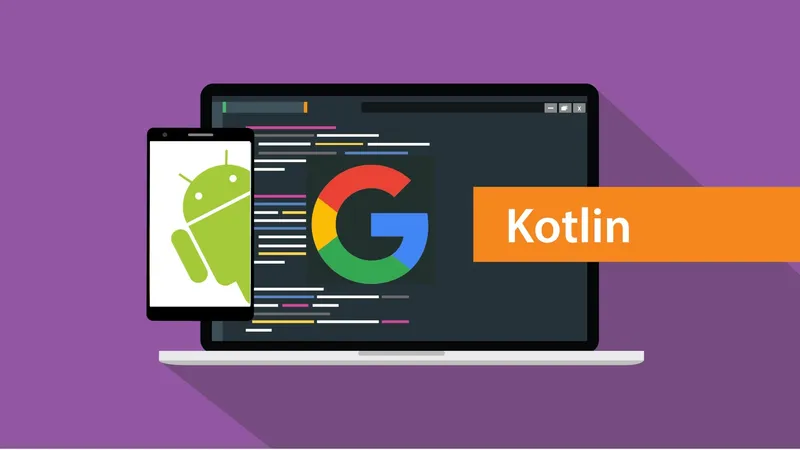

Top Google I/O 2019 announcements that has impacted mobile app development in 2020

Google organized its annual developer conference, the Google I/O 2019 between May 7- May 9 last year that has impacted the mobile application development industry in year 2020 . Every mobile app developer find themselves pumped up for the event every year as it brings new stuff to leverage and enhances the work of the mobile app development community. There were a few announcements made by Google last year that can change the landscape of Android and mobile app development as a whole for the year 2020 and 2021 as well. So without further ado, here are some of them:
1. Enhanced user security for Android smartphones
Even a highly proficient mobile app developer would have a hard time securing android apps from bugs and malicious adware. Since the beginning of 2019 year, we are quite used to seeing reports of malware and adware found on Play Store apps and Google’s desperate attempts to remove them.

At the I/O 2019, Google announced its plans to take a strict approach towards ensuring user security and shedding away its own image as an organization misusing user data. The search engine giant seeks to provide complete control of data to users by providing them easy access to choose and delete whatever kind of data they want to keep private.
Google CEO Sundar Pichai's statement on privacy was a particularly noteworthy highlight of the I/O,
“Privacy Should Not Be a Luxury Good. Yes, we use data to make products more helpful for everyone. But we also protect your information.”
With that goal, Google announced its plans to place control over all data collected by Google at the hands of the user. Such an initiative needs to be undertaken by not just Google but everyone else. Users in most developing countries such as India are not aware about the importance of user privacy. Yet the irony is that most MNCs hire mobile app developers in India and other countries hosting the top IT outsourcing companies to build mobile apps that collect loads of user data, some of which is shared to 3rd parties with no awareness to the user.
2. System-wide dark mode on Android apps
One of the highlight features of Android Q is the implementation of system-wide dark mode. While on the surface it may not seem like a huge change, but dark mode can provide major battery-life improvements on Android devices using OLED/AMOLED displays.
Unlike conventional LCD displays, the pixels on LED displays are individually lit, thereby allowing an incredible amount of control over the brightness and color of every pixel seen on the screen (A smartphone display is made up of hundreds of tiny pixels).
Since these panels are individually lit for each pixel, it can produce pitch-perfect blacks? How, by not producing any color at all! Since is a naturally produced color, an OLED panel would require no power from the hardware to produce this dark color the screen.
So as a smartphone user, if you use a phone having an LED screen with system-wide dark mode enabled, chances are that you’ll be saving a ton of battery life. Users and companies want mobile app developers to build a dark-mode feature for mobile applications because of the problems associated with viewing brightly lit white screens on smartphones.
Implementing system-wide dark mode across Android devices isn’t easy for Android app developers. It takes a lot of time and effort, yet it is likely that more mobile apps will attempt to do the same with their Android apps.
3. Android is now going Kotlin-first after long denomination of JAVA

Google introduced Kotlin as one of the official programming languages for android app development at I/O 2019. Two years since then, the language has enormously grown in popularity and has already entered the TIOBE index of 50 most popular Programming languages.
At I/O 2019, Google declared that it would build all its future Android apps with kotlin, and suggested all Java developers migrate to the latter. It is expected that large IT outsourcing companies will soon hire expert mobile app developers to build Android apps on Kotlin.
Kotlin as the primary Android app development language makes a lot of sense. Firstly, Kotlin is concise, and lower in verbosity as compared to Java. The second major reason why over 50% java app developers have already migrated to Kotlin is because of many java-to-kotlin conversion features implemented in the Android Studio by JetBrains ( the same company behind Kotlin language and the core of Android Studio, IntelliJ).
4. Project mainline will push Android updates faster
1559299433591.png?fm=png&auto=format&w=800)
In a digital world constantly under threat by hackers and other cybersecurity criminals, timely security updates are paramount. In an ecosystem as wide and diverse as Android, it has always been difficult to distribute timely security and device software updates. Even when that happens, the updates create unwanted bugs which bring make things hectic for android app developers. With project mainline for Android, Google wants to make future updates faster and seamless.
The Project mainline intends to push core android updates suing play store update services instead of security patches and other kinds of updates requiring a reboot. Doing so, core security patches and Android updates can be delivered to smartphones by mobile app developers similar to how you would update an app!
This isn’t the first time Google has attempted to bring faster updates to Android devices. Their earlier projects, such as the Project Treble had a crucial role in bringing Android 9 Pie to 10% of Android smartphones.
5. New tools for developers to play with
1559299594103.png?fm=png&auto=format&w=800)
One of the major concerns of android app developers is the users’ reluctance to update their downloaded apps. When apps are left un-updated for a long time, their functionality becomes limited and at times, they become unable to support some of the important features of the said apps.
And when apps fail to function as intended, the users put the blame on app developers. The users themselves are not to be blamed for this, because having to update apps all the time can be a chore, especially for most of the non-tech savvy people.
That is the primary reasons why Google has made some tweaks to its API to make it easier for developers to push updates on smartphones. Among these enhancements, Google also revealed planned major upgrades to its Play Store services at the I/O 2019. For more trending technology related news, checkout Techtimes.
The new changes include functionalities to benchmark apps by comparison with peers, a revamped review system, an Android app bundle with features that let developers shave the size of their apps among many additions meant to make the Play Store a better platform for app users, mobile app developers, and the mobile app development companies hiring them.
Wrap up
This year’s Google I/O was all about bringing awareness about user privacy on the Internet and highlighting initiatives that will change the landscape of mobile app development. From nifty features that make mobile apps productive to functionalities that make them less addictive, these announcements are expected to reap major benefits in the times ahead.
At ValueCoders we offer solutions based on latest technologies and updates. We outsource dedicated mobile developers with expert skills as per the client's requirement. We have experience of 14+ years and a healthy long clientele .





